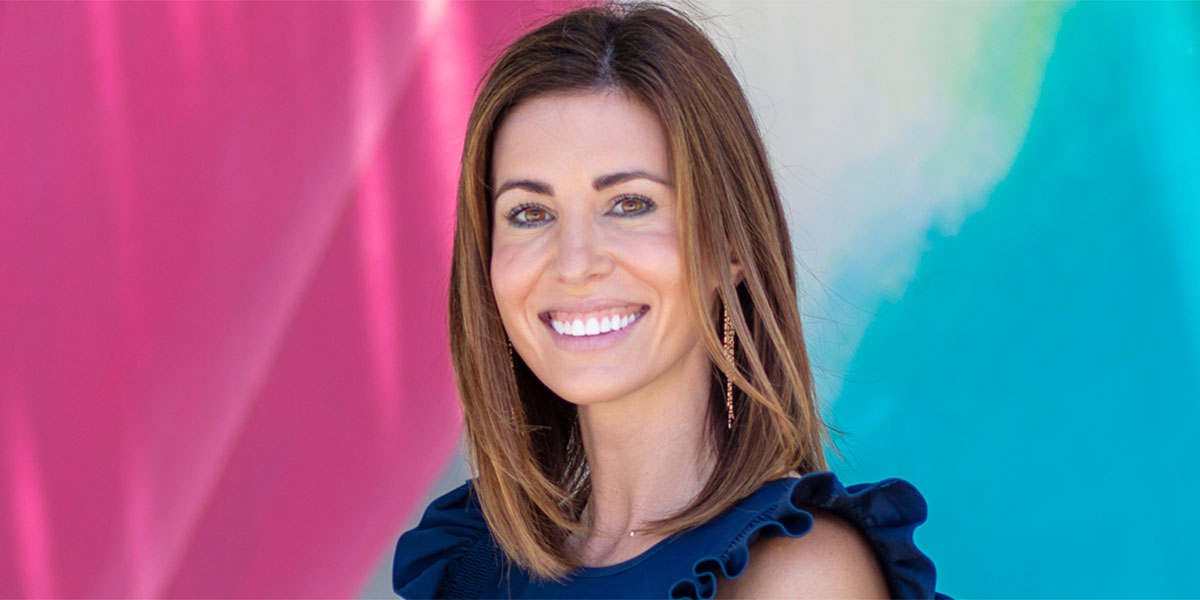Trouble making decisions? Baylor’s expert in consumer psychology can help

If decision-making makes you anxious — whether those decisions be small (like where to eat) or big (like buying a home) — you’re in good company. Dr. Ashley Otto, associate professor of marketing in Baylor’s Hankamer School of Business and a widely published consumer psychologist, feels the same way.
So how did Otto learn to cope with her aversion to decision making? She spent a decade studying how people just like her end up actually making decisions.
At the core of Otto’s research are scenarios to which most people can relate on some level. Consumers are bombarded with information, and confronted with thousands of daily decisions. Those demands can take a toll on anyone, especially individuals her research identifies as “decision-averse.” For such people, decisions impact the same parts of the brain that cause pain. If that sounds like you, Otto’s scholarship has uncovered details about why you may feel that way.
“What we find is that people who have what we call a high need for cognitive closure are individuals who are most likely to be decision-averse,” she told Baylor Connections. “And when we talk about a need for closure, we define it as an individual who’s motivated to find an answer, really any answer that’s going to give them more of a firm resolution on a topic, and that provides them a sense of closure. People who seek closure do not like uncertainty. They do not like ambiguity. They’re really seeking out these firm answers.”
Academic publications such as the American Psychological Association’s Journal of Personality and Social Psychology and the Journal of Consumer Psychology have published her work on the subject, which covers topics like the impact of brand exposure on consumer choices, “decision sidestepping,” the process of home-buying, and more.
Otto says that while decision-aversion can make it hard for people to make decisions, we shouldn’t think that means that they simply avoid large decisions, or choose at random to move more quickly.
“We find that people who are averse to making decisions, when they are in new contexts — baby formula for a first child, for example — they’ll actually put forth more time, effort and energy to arrive at a decision that they feel comfortable with, with the intent that when they have to go back to that decision context in the future, they have their go-to option and that decision will be simplified.”
Sic ’em, Dr. Otto!

